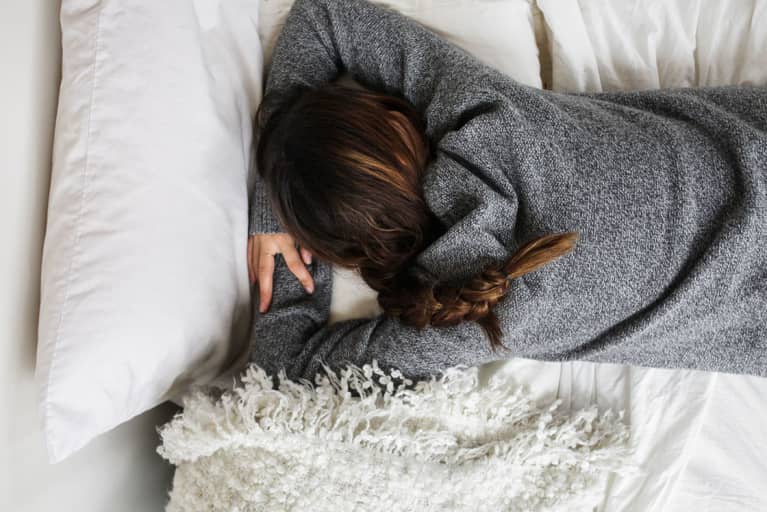
December 29, 2021 — 22:31 PM
The more research reveals about sleep, the more apparent it is that it plays a pivotal role in our overall functioning and well-being. And in terms of what we’ve learned about sleep in 2021, there are a handful of tidbits worth bringing into 2022. Here are the most intriguing pieces of sleep news we’ve reported on this year:
1. Having a consistent sleep & wake-up schedule is important for mental health.
With mental health and sleep quality both taking a hit as the pandemic continues, a strong correlation between the two has been found in multiple studies. In one study published in npj Digital Medicine, an irregular sleep schedule was shown to increase the risk of depression in a group of young adults.
Another study on the different sleep chronotypes found that so-called morning people have a lower risk of depression—and for night owls, waking up one hour earlier than usual can lower your risk of depression by 23%.
2. Certain music can affect your sleep quality — and not in a good way.
One might think that listening to music before bed is a good way to unwind and relax, which is certainly true of some music. But in the case of catchy songs that get stuck in your head, aka “earworms,” listening to them before bed can actually negatively affect your sleep quality. A study published this year in the journal Psychological Science found that people who deal with earworms more regularly at night (more than once a week) were six times more likely to experience poor sleep.
3. Spending time outside during the day is a proven way to improve your sleep.
Spending plenty of time outside is officially one of the best ways to keep your circadian rhythm in check and, in turn, improve your sleep. One recent study published in the Journal of Affective Disorders even found that participants reported better sleep for every extra hour they spent outdoors. On top of that, participants tended to have an easier time waking up, more alertness throughout the day, and fewer issues falling asleep and staying asleep the more they stepped out into nature.
4. A diet high in sodium might throw off your circadian rhythm.
Health Coach Certification
A best-in-class, board certified curriculum grounded in a holistic approach to healing.

We know too much salt isn’t great for things like blood pressure and heart health, but who knew it could throw off circadian rhythms? Research that was recently presented at the Seventeenth International Conference on Endothelin found that mice who had been fed a high-salt diet weren’t following the normal sleep-wake patterns typically observed in mice. And while these findings have yet to be confirmed in humans, they could be another good reason to be mindful about salt intake.
5. There’s an optimal bedtime for heart health.
And last but not least, there appears to be an optimal bedtime for heart health. In a recently published study in European Heart Journal–Digital Health, researchers found going to bed between 10 and 11 p.m. was linked with a lower risk of developing heart disease. Those who went to bed at or after midnight, on the other hand, were most likely to develop heart disease, even after accounting for things like age, sex, sleep duration, and sleep chronotype.
Sleep serves as our bodies’ natural way to rest, recover, and restore—and when our sleep quality suffers, so does our overall well-being. By minding sleep-wake schedules, keeping circadian rhythms in order, and taking supplements that promote high-quality sleep (like one of these options), we can all sleep that much more soundly and function better during the day.
https://www.mindbodygreen.com/articles/sleep-news-2021






